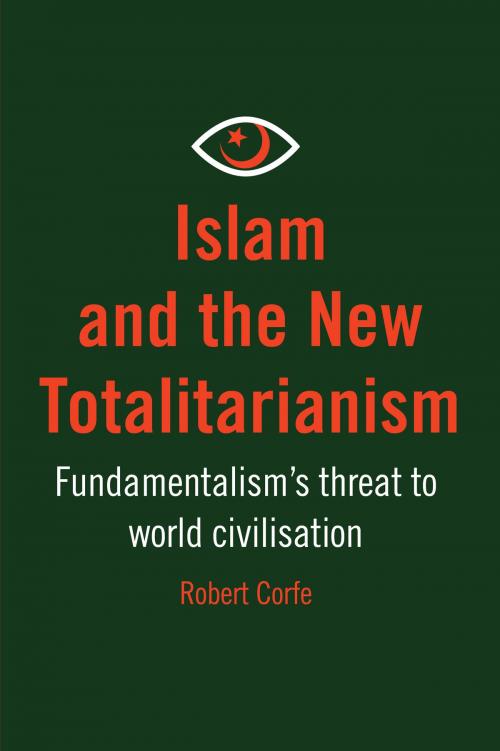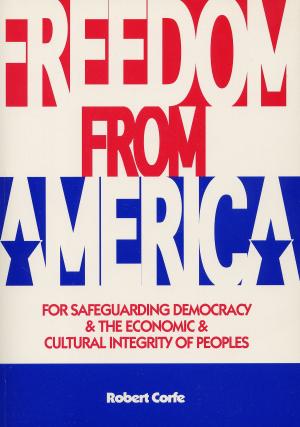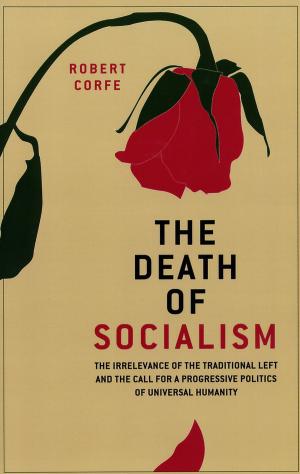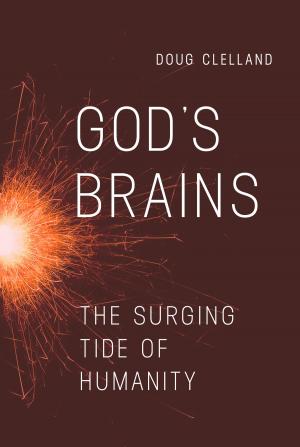Islam and The New Totalitarianism
fundamentalism's threat to World Civilisation
Nonfiction, Social & Cultural Studies, Political Science, International, International Security| Author: | Robert Corfe | ISBN: | 9781909421899 |
| Publisher: | Arena Books | Publication: | July 21, 2016 |
| Imprint: | Arena Books | Language: | English |
| Author: | Robert Corfe |
| ISBN: | 9781909421899 |
| Publisher: | Arena Books |
| Publication: | July 21, 2016 |
| Imprint: | Arena Books |
| Language: | English |
The Islamic threat is possibly the most disturbing political issue of our time, as it impacts on the fears of so many ordinary people. The propagation of puritanical Wahabism, through the oil wealth of the Gulf States, ensures that its ideology is spread worldwide as the most influential force in the world today.
The entire thinking and life-style of Muslims is dictated by religious demands to the exclusion of anything regarded as profane. Such a mindset established by the Prophet Mohammed and his followers, is long enshrined in tradition, and remains to the present day. Hence God is the single authority and his commands are interpreted through holy text alone. It is the exclusion of a secular dimension, with its appeal to independent reason that defines Islam as a totalitarian movement.
The problem in the non-Islamic world, especially in Western Europe, is the penetration of nation states by a proselytising religious totalitarianism on democratic societies. The variety of means in attempting to achieve this, and the subtlety of the methods, is the subject of this book. The main objection of non-Muslims to the penetration of their culture is the creation of pseudo-legal structures, or a state within the state, e.g., their own parliament,” or the announcement of no-go zones, or the establishment of Sharia courts with no legal authority.
The resistance of Muslims to the idea of integration leaves them with two alternatives only: either they must create their own mini-states within the state, or else they must attempt by subtler means to seize control of leading administrative institutions. Muslims in Britain are engaged in both the above alternatives, as witnessed by their numbers and close cooperation in both Houses of Parliament, and their power in local government councils nationwide.
Through a sociological and objective approach that appreciates the religious priorities of Islamic people, this book attempts to find a harmonious middle path to ensure a lasting concord between two contrasting civilisations.
The Islamic threat is possibly the most disturbing political issue of our time, as it impacts on the fears of so many ordinary people. The propagation of puritanical Wahabism, through the oil wealth of the Gulf States, ensures that its ideology is spread worldwide as the most influential force in the world today.
The entire thinking and life-style of Muslims is dictated by religious demands to the exclusion of anything regarded as profane. Such a mindset established by the Prophet Mohammed and his followers, is long enshrined in tradition, and remains to the present day. Hence God is the single authority and his commands are interpreted through holy text alone. It is the exclusion of a secular dimension, with its appeal to independent reason that defines Islam as a totalitarian movement.
The problem in the non-Islamic world, especially in Western Europe, is the penetration of nation states by a proselytising religious totalitarianism on democratic societies. The variety of means in attempting to achieve this, and the subtlety of the methods, is the subject of this book. The main objection of non-Muslims to the penetration of their culture is the creation of pseudo-legal structures, or a state within the state, e.g., their own parliament,” or the announcement of no-go zones, or the establishment of Sharia courts with no legal authority.
The resistance of Muslims to the idea of integration leaves them with two alternatives only: either they must create their own mini-states within the state, or else they must attempt by subtler means to seize control of leading administrative institutions. Muslims in Britain are engaged in both the above alternatives, as witnessed by their numbers and close cooperation in both Houses of Parliament, and their power in local government councils nationwide.
Through a sociological and objective approach that appreciates the religious priorities of Islamic people, this book attempts to find a harmonious middle path to ensure a lasting concord between two contrasting civilisations.















